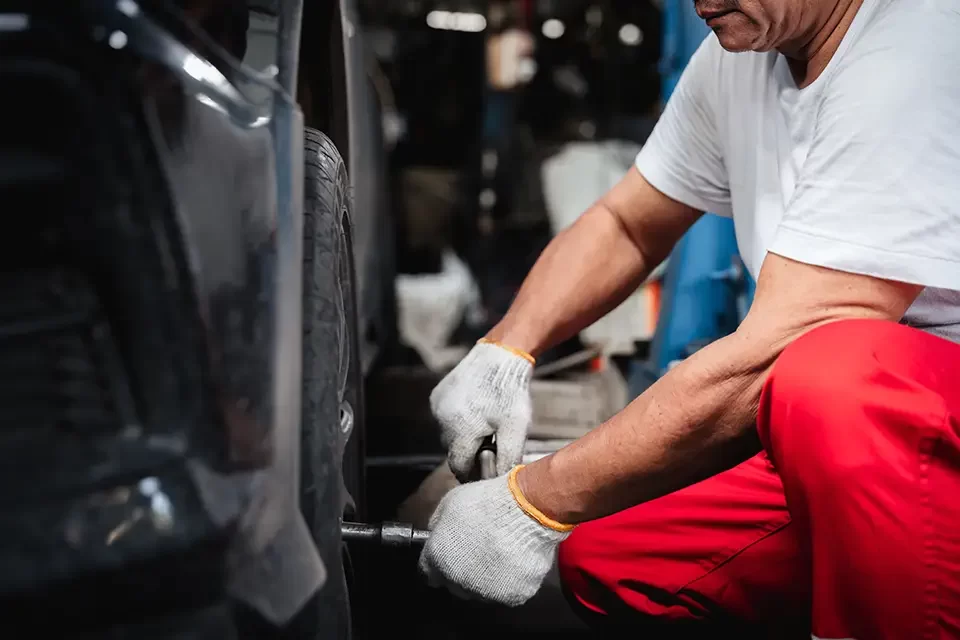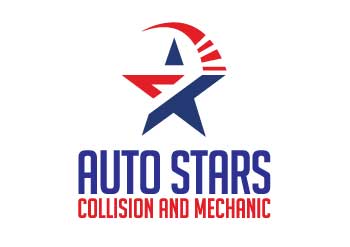Welcome to Auto Stars Collision and Mechanic’s blog, where you can get expert advice on everything automotive in Richmond Hill, Ontario. Today, we’ll delve into the world of gas engines, a crucial topic for any car enthusiast or everyday driver wanting to know what powers their vehicle. Furthermore, our expertise encompasses various gas engine types and the most recent advancements in manufacturing technologies. So, let’s get started.
Gas Engine Manufacturing Technologies
Over the years, technological advancements and an increasing need for efficiency and performance have transformed the gas engine manufacturing process. Moreover, at the core of these developments is integrating computer-aided design (CAD) and computer-aided manufacturing (CAM), which have revolutionized how engines are built.
Precision Engineering
Modern gas engines are the result of meticulous engineering. Engineers can use CAD tools to produce detailed 3D models of engine components, simulating their performance to enhance design before making any physical parts. On the other hand, CAM uses these digital blueprints to control the machinery that manufactures engine parts, ensuring accuracy that manual procedures could never reach.
Advanced Materials
The utilization of advanced materials represents another breakthrough in manufacturing technology. High-strength aluminum alloys, titanium, and composites are now common in engine construction. These materials minimize weight, which increases fuel efficiency while maintaining or even enhancing engine strength and durability.
Robotics and Automation
Robotics is essential in today’s gas engine production lines. Robots can assemble small components and install massive engine blocks. In addition, this accelerates the manufacturing process and improves product safety and consistency.
Variety of Gas Engines
Gas engines come in various shapes and sizes, each tailored to specific applications and performance needs. The following are some of the most prevalent types:

Inline Engines
The inline engine is one of the most basic and common types. With all cylinders arranged in a single row, these engines are typically found in smaller vehicles due to their compact design and efficient operation.
V-Type Engines
V-type engines feature two-cylinder banks arranged in a “V” shape. Moreover, this layout allows for more cylinders in a smaller space, making it perfect for powerful, high-performance vehicles. V6 and V8 engines are typical examples that balance performance and efficiency.
Flat Engines
Flat engines, often called boxer or horizontally opposed engines, have cylinders that lie flat on either side of the crankshaft. This layout offers a lower center of gravity, which improves handling. Additionally, many sports cars have flat engines, and they are famous for their steadiness and sporty performance.
Rotary Engines
Rotary engines, often known as Wankel engines, have a fundamentally different design from traditional piston engines. They generate power through a rotating, triangular rotor. This one-of-a-kind mechanism allows for smooth operation and compact size, but it is less frequent due to higher fuel consumption and emission challenges.
Embracing the Future: Innovation in Gas Engine Technology
As we look to the future, gas engine technology is evolving to make them more ecologically friendly and efficient. Hybrid technologies, which combine a gas engine with an electric motor, are becoming increasingly popular. These systems lower fuel consumption and emissions by supplementing engine power with electricity.
Why Choose Auto Stars Collision and Mechanic?
Auto Stars Collision and Mechanic stay on the cutting edge of automotive technology to deliver the best service possible to our customers. Whether you need to repair a traditional inline-four or tune up a high-performance V8, our Richmond Hill professionals are ready to help.
Understanding the various types of gas engines and the technologies that power them will help you make better decisions regarding your vehicle’s maintenance and performance tuning. Remember, whether you drive a daily commuter or a weekend sports car, having the correct knowledge and mechanic may make a huge difference.
Follow our blog for additional advice and automotive information. Drive safe, and see you on the road!
